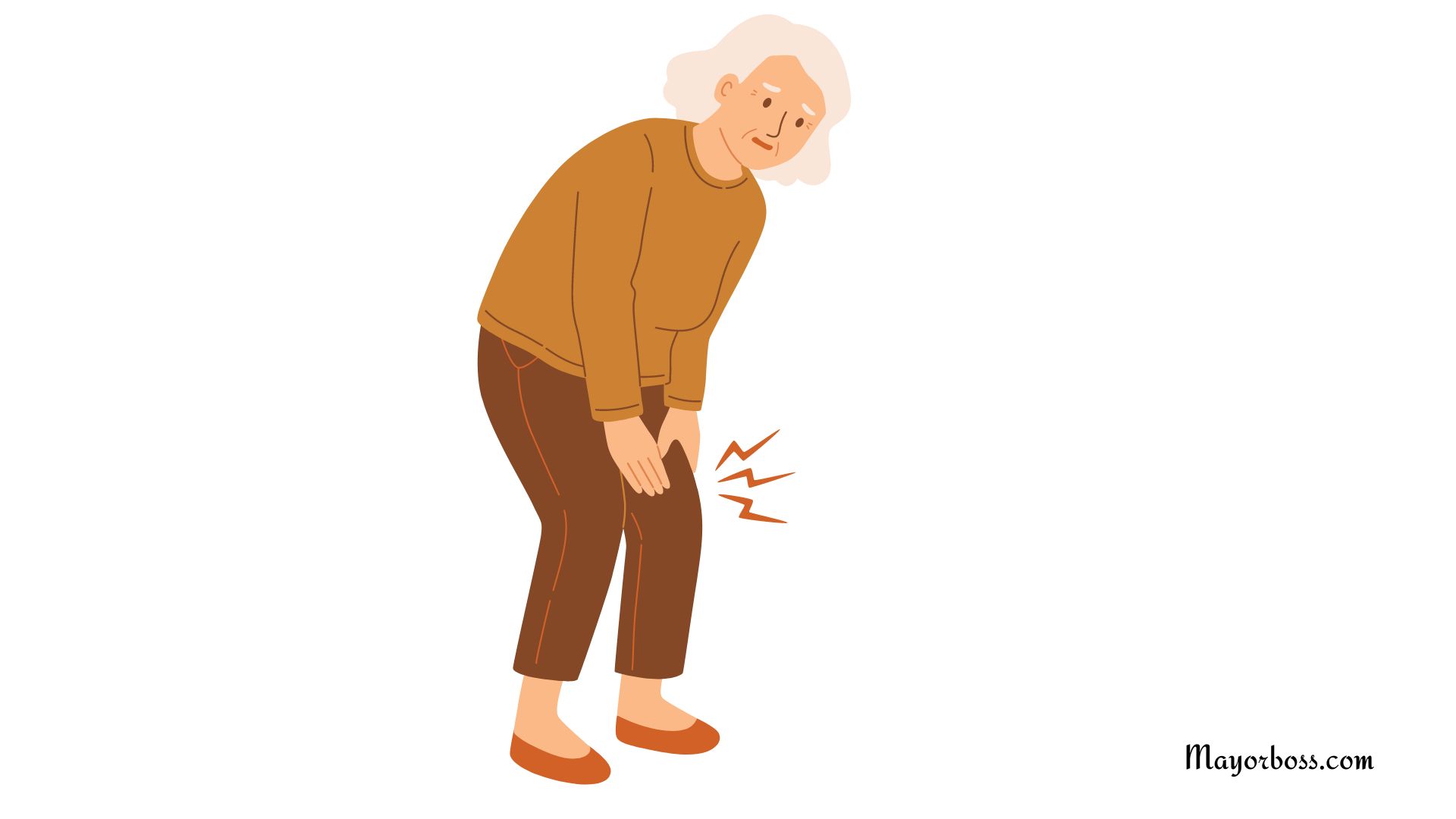7 Things You Should Know About Your Constant Runny Nose
If you’re here reading this, it’s likely that you’re bothered by your constant runny nose. What’s worse is, despite your best efforts, you might find yourself stuck in a cycle of sniffs, wipes, and sneezes. This guide will help you understand the various aspects of this irksome condition and will offer some practical advice.
Things You Should Know About Your Constant Runny Nose
Typically, a runny nose isn’t a cause for alarm. It’s often just your body’s natural reaction to various stimuli. According to medical experts, the common causes include:
- Common Cold: It’s the most frequent culprit. Your nose may run in an effort to flush out the cold virus.
- Allergies: If you’re allergic to something like dust or pollen, your nose might start to run as soon as you’re exposed to the allergen.
- Sinus Infection: This is another common cause. The sinuses produce more mucus to fight off the infection, which can result in a runny nose.
- Weather Changes: Sudden shifts in temperature can trigger a runny nose in some people.
- Spicy Foods: They can trigger your nose to run as part of your body’s response to the heat.
- Rhinitis: This inflammation of the inner nose can be due to allergies (allergic rhinitis) or other factors (non-allergic rhinitis).
- COVID-19: A runny nose can be one of the symptoms of COVID-19, although it’s usually accompanied by other symptoms like fever, cough, and loss of taste or smell.
Identifying the Trigger
To manage your constant runny nose, the first step is to identify the cause. That’s why you need to pay close attention to when and where your nose tends to run. Is it all the time? Or does it occur in specific situations, like when you’re outside in the cold or after you’ve eaten a spicy meal? These can provide clues to the underlying cause.
Testing and Diagnosis
If your runny nose is causing significant discomfort and affecting your quality of life, it’s ideal to consult with a healthcare provider. They might recommend you get at least one of the following tests:
- Allergy Testing: This can determine if your runny nose is due to any specific allergens.
- Blood Test: A blood test can identify if your symptoms are due to an infection.
- Imaging Tests: In cases of chronic sinusitis, your doctor might recommend an imaging test like a CT scan to get a better look at your sinuses.
Treatment Options
Without proper treatment, a constant runny nose can be quite bothersome. Here are some treatment options that your doctor might suggest, depending on the cause:
- Medications: Over-the-counter and prescription medications can help in reducing the symptoms. These include antihistamines, decongestants, and nasal sprays.
- Allergy Shots: If your runny nose is due to allergies, regular allergy shots can help your body build resistance to allergens.
- Home Remedies: Simple measures like using a humidifier, staying hydrated, and inhaling steam can provide relief from a runny nose.
- Surgery: In rare cases where the runny nose is due to structural issues in the nose or sinuses, surgery might be required.
Prevention is Key
The old saying, “Prevention is better than cure,” holds true here. There are several steps you can take to prevent a runny nose:
- Avoid Known Allergens: If you know you’re allergic to something, stay away from it as much as possible.
- Maintain Good Hygiene: Washing your hands frequently can prevent the spread of viruses that cause the common cold.
- Stay Hydrated: Drinking plenty of water can help keep your nasal passages moist and reduce the risk of a runny nose.
- Use a Humidifier: Dry air can irritate your nasal passages and trigger a runny nose. Using a humidifier can help maintain optimal humidity levels in your home.
So, there you have it. A variety of factors can contribute to a constant runny nose. Still, by taking the time to identify the triggers, consulting with a healthcare provider, and following their recommended treatment, you can better manage your symptoms. Don’t forget to focus on preventive measures, too. After all, it’s much easier to prevent a runny nose than to treat one!






